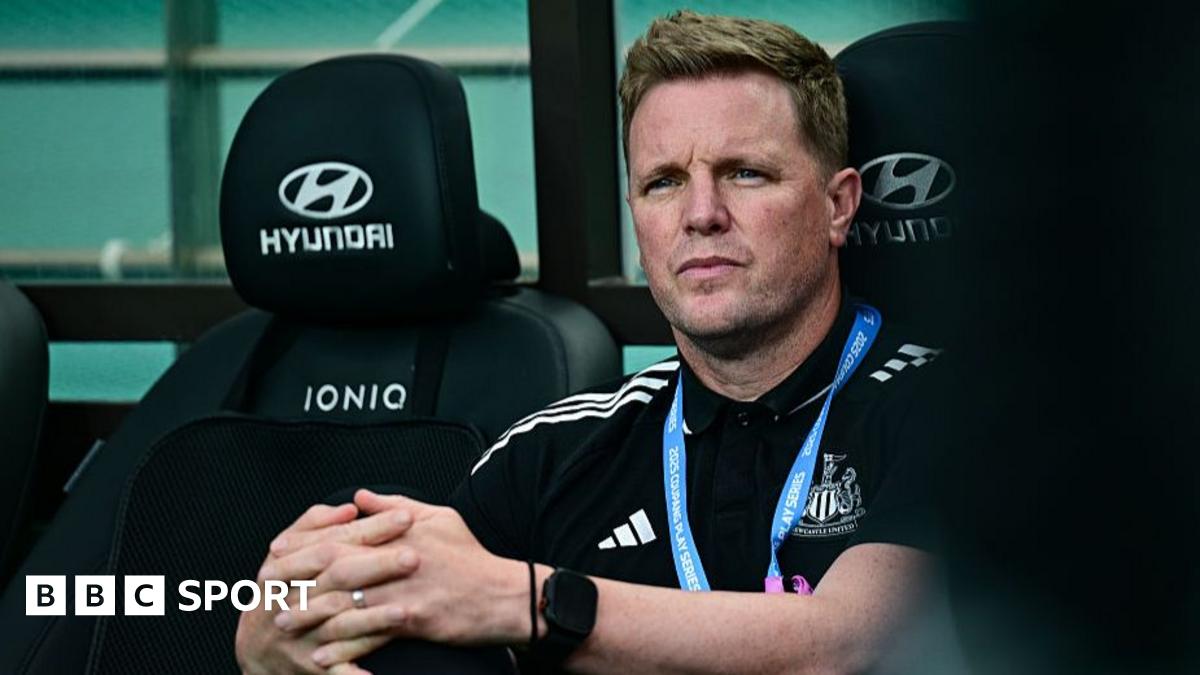
Newcastle United's summer transfer window is painting a concerning picture. More than just missed targets, the situation hints at a deeper issue: a potential tactical identity crisis. The inability to secure key players isn't simply bad luck; it raises questions about the club's clear and convincing vision for prospective signings. Are Newcastle selling a specific, compelling tactical role, or are they merely offering a paycheck and the promise of Champions League football?
Consider the reported interest in Benjamin Sesko. A promising striker, yes, but how precisely does he fit into Eddie Howe's tactical framework? Is he a direct replacement for Isak, should the Swede depart? Or is he intended to play alongside him, necessitating a shift in formation and playing style? The lack of clarity, perceived or real, could be a deciding factor for players choosing between Newcastle and other suitors. Clubs like Manchester United, despite their recent struggles, possess a defined tactical identity that appeals to certain players.
The missed opportunities – Ekitike, Trafford, and others – further compound this concern. Was each target genuinely aligned with Howe's tactical vision, or were they simply names on a list? A scattergun approach to recruitment, driven by financial muscle rather than tactical coherence, is a recipe for disaster. It leads to a bloated squad, mismatched players, and ultimately, a diluted tactical identity on the pitch. Remember the early days of the new Chelsea ownership? A similar pattern emerged there, resulting in tactical confusion and a lack of on-field cohesion. Newcastle must learn from these cautionary tales.
Here's what a focused, tactically driven approach looks like:
- Targeted Recruitment: Identifying players whose strengths directly complement and enhance the existing tactical system.
- Clear Communication: Articulating a clear vision to potential signings, outlining their specific role within the team's tactical framework.
- Systemic Integration: Ensuring that new arrivals are seamlessly integrated into the team's tactical structure, with clear instructions and coaching support.
The Isak situation adds another layer of complexity. While retaining him sends a strong message, the potential tactical void his departure would create needs careful consideration. Can Newcastle realistically replace his goals, his link-up play, and his overall tactical contribution with a single signing? Or would his sale necessitate a more fundamental shift in the team's attacking approach?
Ultimately, Newcastle's summer of frustration serves as a wake-up call. The club must prioritize tactical clarity and systemic integration above all else. Without a clearly defined tactical identity, even the wealthiest owners cannot guarantee success. The next few weeks will be crucial in determining whether Newcastle can course-correct and build a team that is not just expensively assembled, but also tactically cohesive and strategically sound.